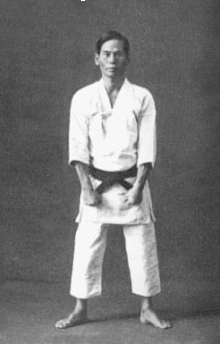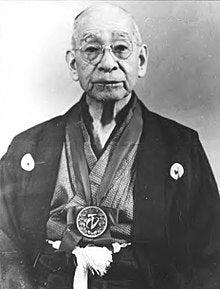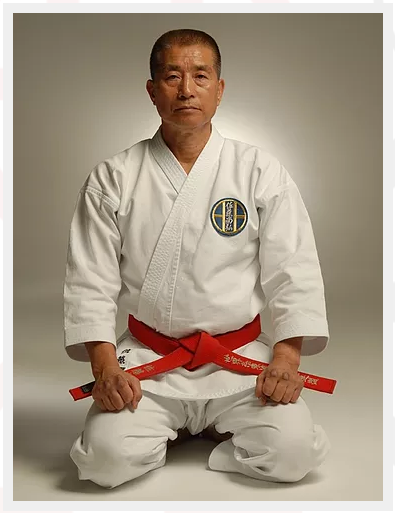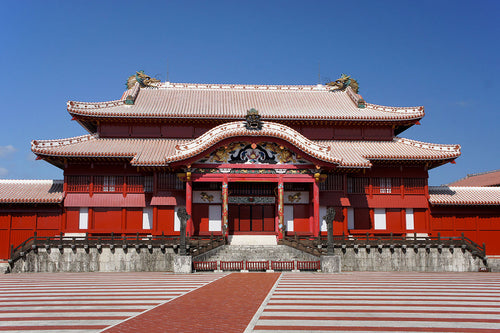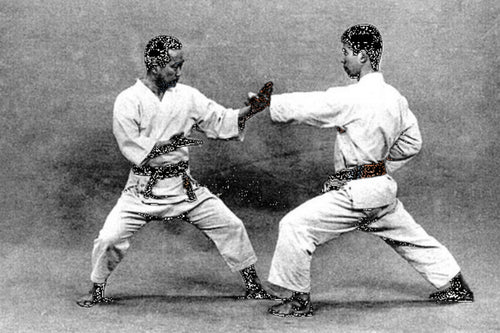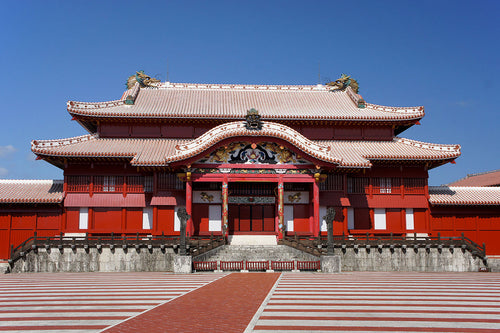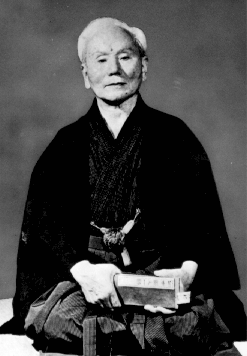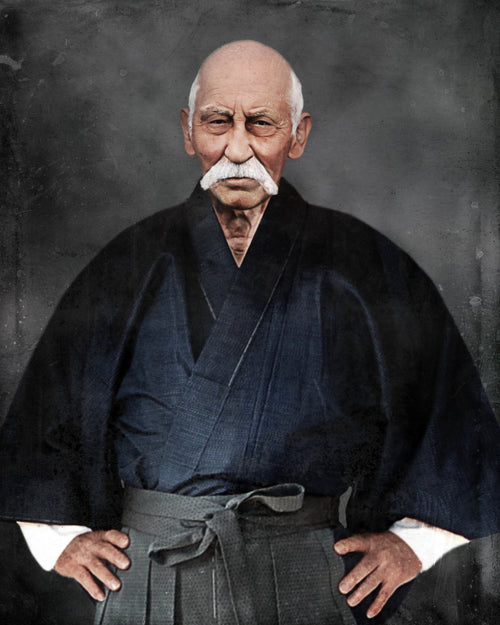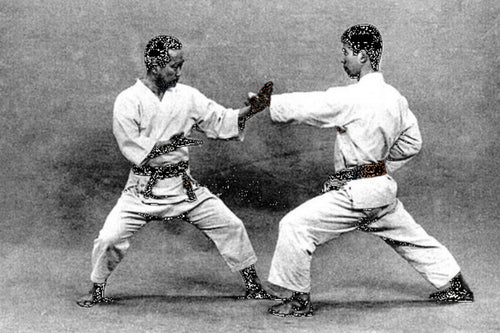Welcome to our comprehensive guide on the Southeast Asian Games, an extraordinary event that brings together nations from Southeast Asia to showcase their sporting prowess. In this article, we delve into the rich history, the exhilarating competitions, and the unyielding spirit that defines the Southeast Asian Games. As we embark on this journey, let us explore the remarkable achievements, memorable moments, and the enduring legacy that this event leaves behind.
I. A Glimpse into the Southeast Asian Games
The Southeast Asian Games, commonly known as the SEA Games, is a multi-sport event held every two years. Established in 1959, the Games provide a platform for athletes from eleven Southeast Asian nations to compete on an international stage, fostering unity, friendship, and sportsmanship within the region. The countries participating in the SEA Games include Brunei, Cambodia, Indonesia, Laos, Malaysia, Myanmar, Philippines, Singapore, Thailand, Timor-Leste, and Vietnam.
II. The Evolution of the Southeast Asian Games
Since its inception, the Southeast Asian Games has evolved into a grand celebration of athleticism and cultural exchange. The event has grown both in scale and significance, attracting millions of spectators and captivating audiences worldwide. Each edition of the Games showcases the host nation's unique heritage, traditions, and commitment to fostering regional cooperation.
III. Sporting Showdown: Unforgettable Competitions
The Southeast Asian Games features a diverse range of sports, encompassing traditional favorites and emerging disciplines. From athletics to aquatics, martial arts to team sports, the Games present an extensive lineup of events that captivate sports enthusiasts of all ages. Let's explore some of the most notable sports in the SEA Games:
1. Athletics: Pushing the Boundaries of Human Performance
Athletics, the cornerstone of the Games, embodies the pursuit of excellence. From electrifying sprints to awe-inspiring jumps, athletes strive to surpass their limits and set new records. The SEA Games showcases a myriad of athletic events, including track and field, road running, and race walking.
2. Aquatics: Grace, Precision, and Power
The aquatic events at the SEA Games mesmerize spectators with the beauty and strength of the human body in motion. Swimmers slice through the water, synchronized swimmers perform enchanting routines, and divers defy gravity with breathtaking leaps. These aquatic disciplines embody the dedication and artistry of the athletes.
3. Martial Arts: Cultivating Strength, Skill, and Tradition
Martial arts hold a special place in the Southeast Asian Games, reflecting the rich cultural heritage of the region. From the grace of wushu to the intensity of boxing and the intricacies of pencak silat, martial arts events showcase the discipline, skill, and honor ingrained in these ancient practices.
4. Team Sports: Unity, Strategy, and Triumph
The SEA Games brings together nations in the spirit of camaraderie through team sports. Volleyball, football, basketball, and more create an atmosphere of friendly competition and unity. These events exemplify the power of collaboration, strategic thinking, and the indomitable spirit of teamwork.
IV. The Legacy of the Southeast Asian Games
The Southeast Asian Games leave a lasting impact not only on the athletes and host nations but also on the communities they touch. Beyond the medals and victories, the Games inspire generations, promote active lifestyles, and foster cultural exchange. Some of the enduring legacies of the SEA Games include:
1. Infrastructure Development
Hosting the Southeast Asian Games often spurs the development of state-of-the-art sports facilities, transportation networks, and accommodations. These advancements benefit both athletes and local communities, leaving a lasting legacy long after the Games conclude. The upgraded infrastructure enables future sporting events and contributes to the overall growth and well-being of the host country.
2. Cultural Exchange and Diplomacy
The Southeast Asian Games serve as a platform for cultural exchange, fostering understanding and unity among nations. Athletes and spectators from diverse backgrounds come together, sharing their customs, traditions, and values. This exchange of cultural heritage strengthens regional bonds and promotes diplomacy.
3. Tourism and Economic Boost
Hosting the SEA Games provides a significant economic boost to the host country's tourism industry. The influx of athletes, officials, and spectators stimulates local businesses, hotels, restaurants, and other sectors. It showcases the nation's attractions, generating interest and encouraging future visitors to explore the country's natural wonders and cultural treasures.
4. Inspiring Future Generations
The Southeast Asian Games inspire young athletes, igniting their passion for sports and encouraging them to pursue excellence. The achievements of SEA Games participants serve as role models, motivating aspiring athletes to train harder, overcome challenges, and strive for their dreams. The event fosters a culture of active living and encourages the next generation to embrace a healthy and competitive lifestyle.





